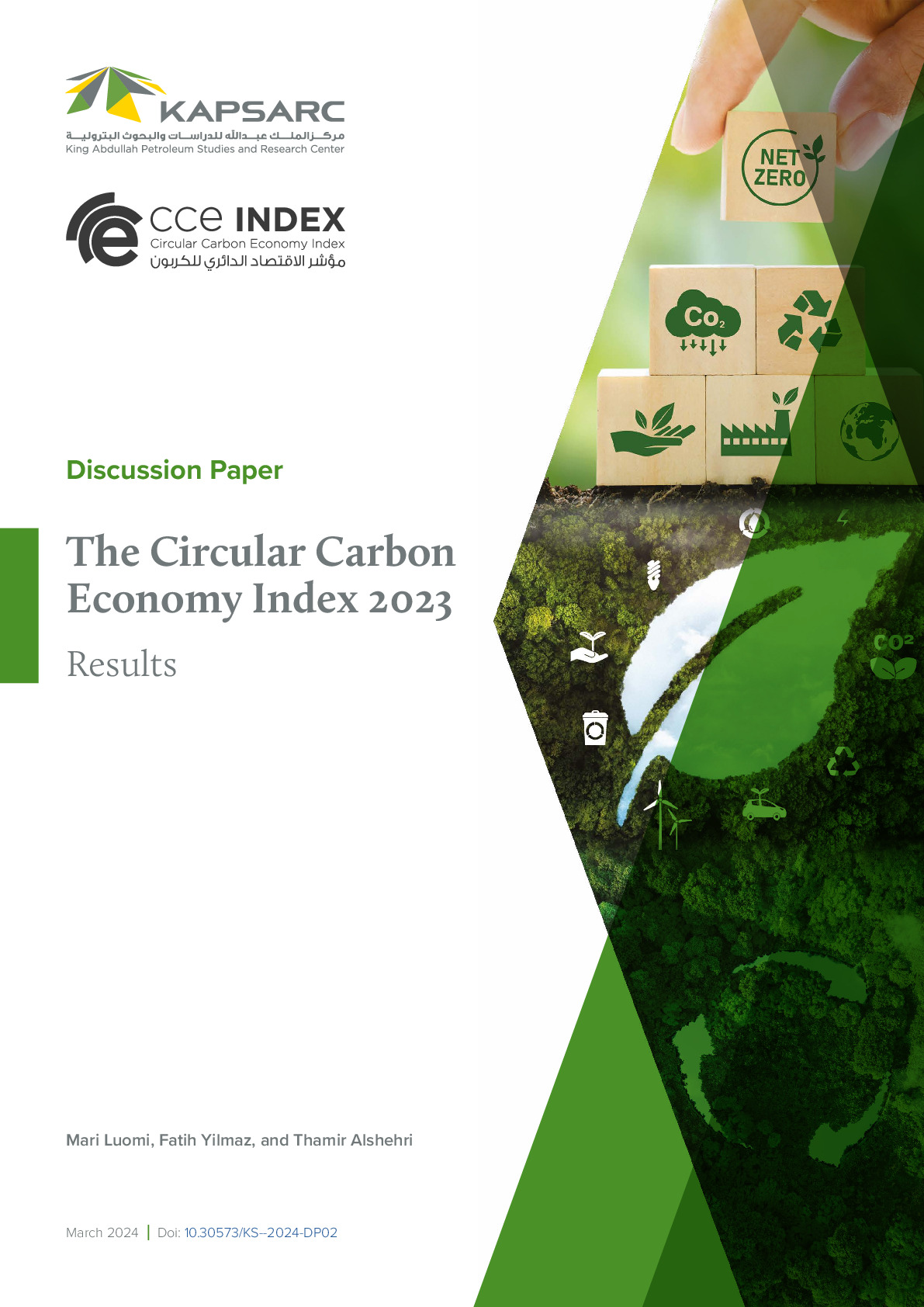The International Energy Agency has recently released data showing that in 2018 Saudi Arabia’s carbon dioxide (CO2) emissions fell by 15 million tonnes of CO2 (MtCO2), or 2.7%, from 577 MtCO2 to 562 MtCO2. This is significant as it is Saudi Arabia’s first large policy-induced reduction in CO2 emissions. It also highlights how Saudi Vision 2030’s economic transformation plans are helping to decouple its economic growth from its CO2 emissions. The Kingdom is now the fourth-fastest reducer of greenhouse gasses among the G20 group of countries.

Nicholas Howarth
Former Research Fellow
Nicholas is an applied economist specializing in economic growth, energy and natural resource and environmental economics. He was leading KAPSARC…
Nicholas is an applied economist specializing in economic growth, energy and natural resource and environmental economics. He was leading KAPSARC research on energy productivity and is a subject matter expert on energy efficiency, industrial strategy and energy pricing with KAPSARC Advisory. He has received several awards for his published work, including recognition for his first book on carbon markets by the American benchmarking journal Choice as a top 25 academic publication in the category of economics in 2010. Nicholas is an experienced policy advisory, thought leader and project manager with strengths in interdisciplinary issues and applied policy gained from working as a ministerial adviser in Australia and in a variety of international roles. He is also an experienced lecturer and public speaker on energy productivity, green growth and sustainable development and has presented work at a range of technical and policy fora including meetings of the International Association of Energy Economists and in support of the G20 Energy and Sustainability Working Group and United Nations Sustainable Development Goals processes.




